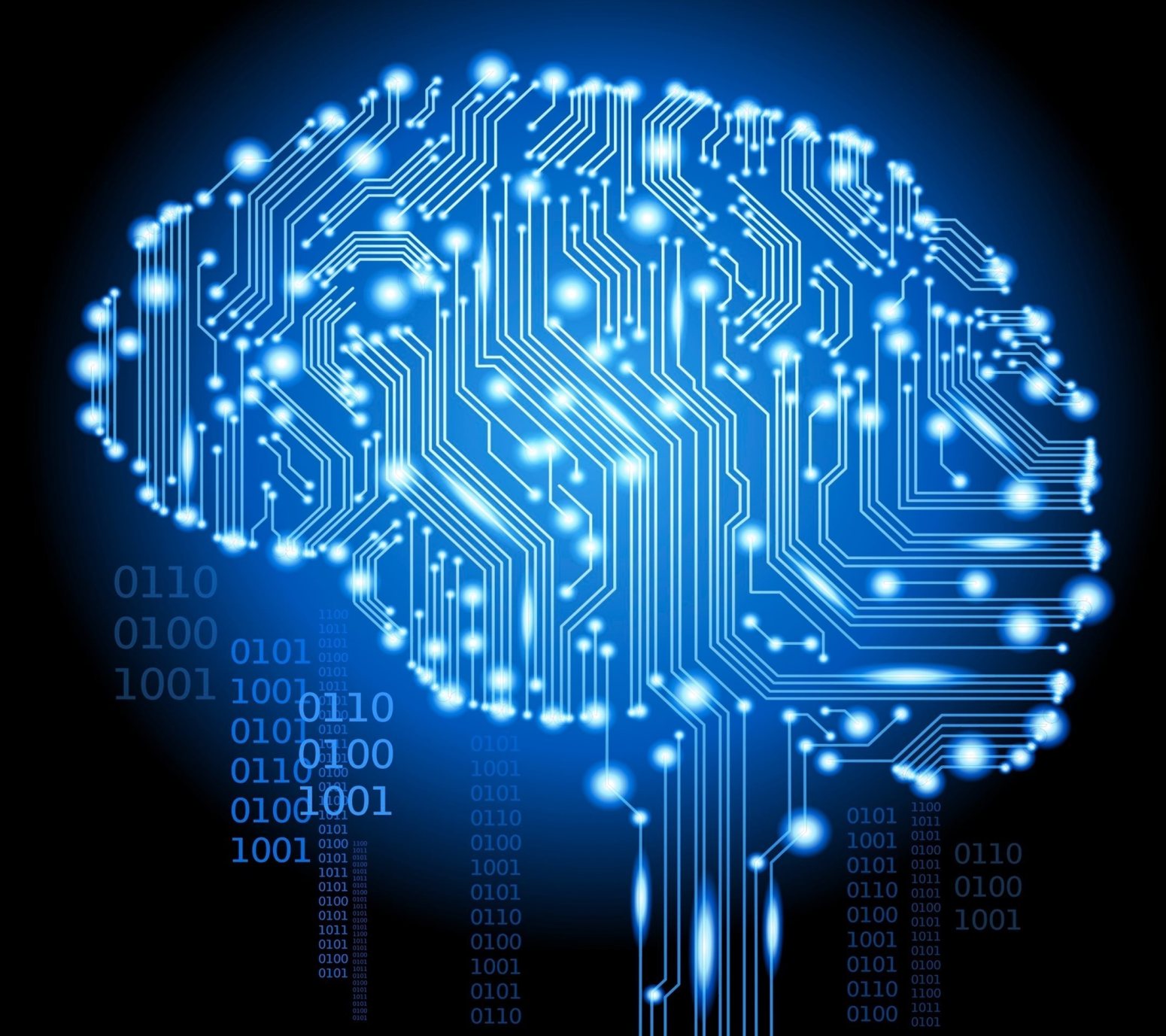It is worrisome, of course, but did you know that one in four people in the world will be affected by some mental or neurological disorders throughout their lives? Or that 450 million people suffer from problems of this kind? Probably not.
But I guess these statistics will seem quite alarming. And it does not end there. Stigmatization and discrimination against mental disorders such as anxiety or depression cause many people not to receive the support they need to improve their lives. According to the World Health Organization (WHO), approximately two out of three people with a diagnosed mental problem do not ask their doctor for help.
New Invention in health has the potential and ability to change the lives of those who must struggle with mental problems.
This leaves people in desperate need of help in a complicated situation. However, could technological and innovation advances not mean an opportunity to change their lives and, of course, their struggle?
The app that tries to prevent suicide
Often, those who struggle with mental problems are at the bottom of a tunnel and end up having suicidal thoughts. WHO research has estimated that there are more than 8,000,000 people who take their own lives every year.
The Stay Alive app (“keep living”) aims to achieve just what its name indicates. Developed in the United Kingdom, it gives support and guidance to people who have thought about committing suicide or who know people in that trance.
The app, available for Android and iOS, offers access to the relevant helplines; a safety plan to prevent suicide; the possibility of uploading images that remind them why they need to continue living; and advice on how to convince someone to give up suicide.
An app for the smart watch for people with PTSD
It is very common for people who have experienced traumatic events, such as war veterans, to develop post-traumatic stress disorders (PTSD). Those who receive this diagnosis usually relive their trauma in the form of nightmares or flashbacks and therefore may feel isolated.
A wireless implant in the brain to treat depression
Depression is, by far, the best-known mental health problem and the leading cause of disability, and an estimated 350 million people worldwide suffer from it. So there is an obvious demand for effective treatment, and brain implants can be useful.
For decades doctors have used them for diseases, and they could soon expand their scope to mental disorders such as depression. One in four people in the world will be affected by some mental or neurological disorders throughout their lives.
According to hospital researchers, implants can monitor neuronal activity and stimulate the brain with electrical impulses when unusual patterns are detected. This allows doctors to know more about depression and eradicate symptoms.
Since presenting the project, a year ago, the hospital has so far developed a simple prototype. It is a radial type device that weighs about 50 grams and contains a microprocessor and a rechargeable battery. Besides, it has five satellites with individual electrodes, which monitor a specific area of the brain.
The examples in this article are far from exhaustive, but they undoubtedly demonstrate that technology has the potential and the ability to change the lives of those who must struggle with mental problems. And of course, as the number of diagnoses increases, the need for effective treatments will also increase. So, if the technology is there, why not take advantage of it?


